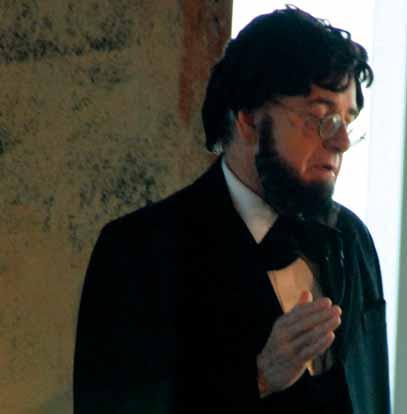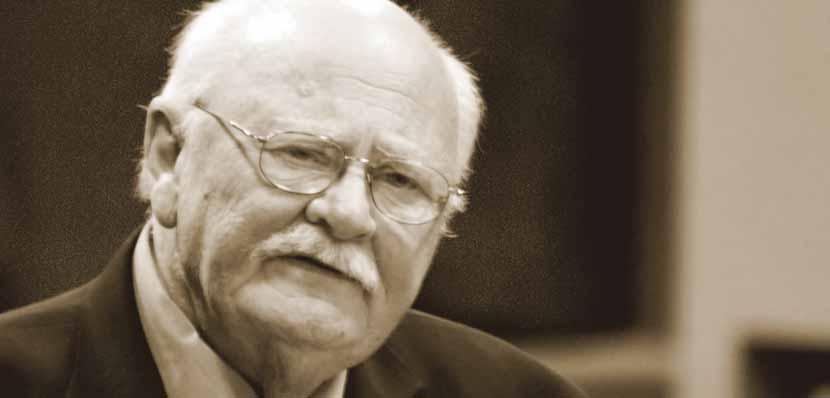[plain thinking]
Abraham Lincoln and the Text of America By Clay S. Jenkinson
Towards the end of his First Inaugural Address,
inaudibly delivered on March 4, 1801, Thomas Jefferson reaffirmed the core values of the American republic—trial by jury, freedom of press and religion, subordination of the military to the civilian authority, a restrained and peaceful engagement with the rest of the world, etc.—and then declared that these principles “should be the creed of our political faith—the text of civil instruction—the touchstone by which we try the services of those we trust.” Jefferson compressed all of this doctrine into a mere 240 words, freely admitting that he only had time to state the “general principle, but not all its limitations.” The key word here is text. More than any other Founding Father, Jefferson understood that he was self-consciously laying down the texts by which America would attempt to define itself, and reclaim itself after periods of errancy. Imbued to the point of saturation with the Enlightenment’s program of reason, human rights, and reform, Jefferson all of his life looked for opportunities to formulate texts that he assumed would be invoked throughout American history to keep the republic
30









